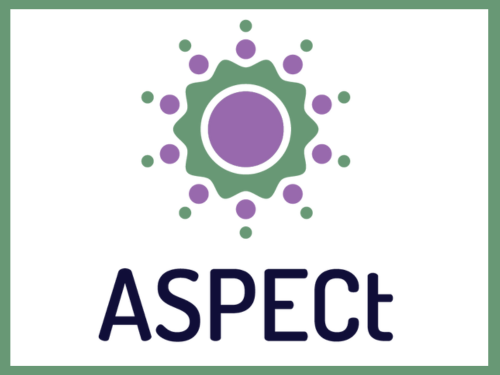Assessing Students’ Progress on the Energy Concept Using Three-Dimensional Items (ASPECt-3D)
The Next Generation Science Standards (NGSS) identifies three equally important dimensions to learning science: science and engineering practices, crosscutting concepts, and disciplinary core ideas. This focus on 3D learning has created a critical need for assessments that can measure students’ ability to use these three dimensions together to make sense of real-world phenomena.
BSCS Science Learning is currently continuing a line of research started at the American Association for the Advancement of Science (AAAS)* to directly address this need. In our ASPECt-3D project, we will develop and validate scenario-based assessment tasks to measure students’ ability to use the three dimensions to make sense of energy-related phenomena. The assessment tasks will consist of multiple-choice and constructed-response items aligned to elementary, middle, and high school NGSS standards. Our assessment study will include a diverse range of teachers and students in grades 4-12 from urban, rural, and suburban locations across the United States.
As a result of this project, we will produce sets of NGSS-aligned assessments for measuring students’ 3D understanding of energy. We will also develop supporting materials for teachers, including the unpacking of the performance expectations, summaries of student misconceptions and difficulties, scoring rubrics, psychometric properties of the assessments, and guidelines for the use of the assessments and interpretation of results. Additionally, we will use our findings to create a professional learning workshop to help support assessment developers and classroom teachers in creating their own three-dimensional assessments. All products will be made available online for elementary, middle, and high school grade levels.
*ASPECt-3D builds on a previously funded IES project (R305A120138) focused mainly on assessing students’ understanding of science content. The researchers developed three vertically equated, multiple-choice instruments to assess students’ progress on the energy concept.
This project is in partnership with American Association for the Advancement of Science (AAAS).
The research reported here was supported by the Institute of Education Sciences, U.S. Department of Education, through Grant R305A180512 to BSCS Science Learning. The opinions expressed are those of the authors and do not represent views of the Institute or the U.S. Department of Education.
